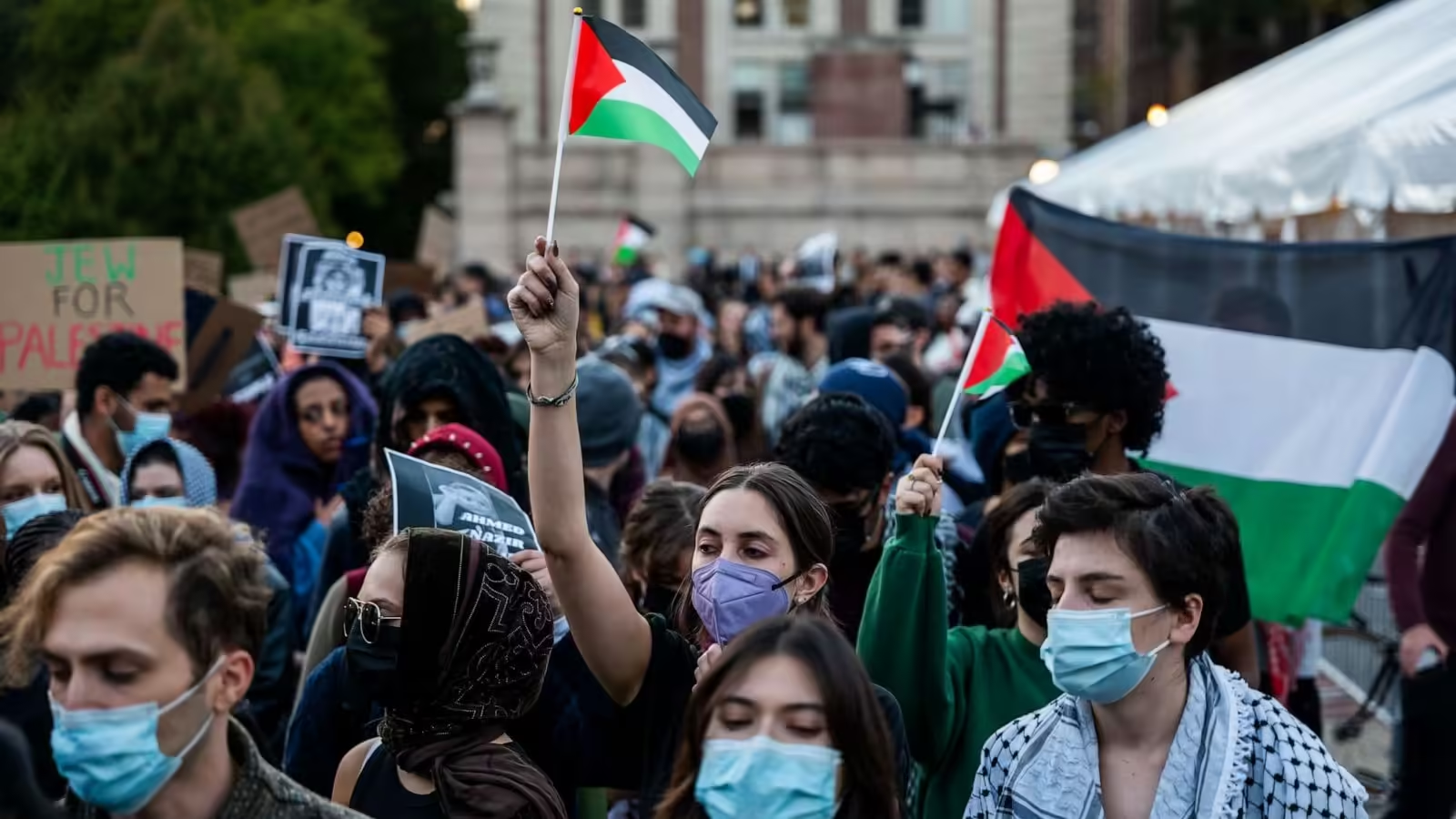Discrimination and attacks against Muslims and Palestinians in the US surged by about 70% in the first half of 2024, according to the Council on American-Islamic Relations (CAIR). This spike coincides with heightened Islamophobia resulting from Israel’s war in Gaza.
Human rights advocates have noted a global increase in Islamophobia, anti-Palestinian bias, and antisemitism since the Israel-Gaza conflict erupted in October, which has led to tens of thousands of deaths and a significant humanitarian crisis.
CAIR reported receiving 4,951 complaints of anti-Muslim and anti-Palestinian incidents in the first six months of 2024, a substantial rise compared to the same period in 2023. These complaints primarily involved immigration and asylum issues, employment and education discrimination, and hate crimes.
In 2023, CAIR documented 8,061 complaints throughout the year, with about 3,600 occurring in the last three months following the outbreak of the war.
Some of the most alarming incidents in the US over the past nine months include:
- The fatal October stabbing of a six-year-old Palestinian-American child in Illinois
- The February stabbing of a Palestinian-American man in Texas
- The shooting of three students of Palestinian descent in Vermont in November
- The attempted drowning of a three-year-old Palestinian-American girl in May
Protests against the war in Gaza have been widespread in the US, Israel’s key ally, since October. The CAIR report also highlighted crackdowns by police and university authorities on pro-Palestinian protests and encampments on campuses.
The recent escalation in the long-standing Israeli-Palestinian conflict began on October 7 when the Palestinian Islamist group Hamas attacked Israel, resulting in 1,200 deaths and approximately 250 hostages, according to Israeli reports. The Gaza health ministry reports that Israel’s military response has since killed nearly 40,000 Palestinians, displaced nearly the entire population of 2.3 million, and caused severe humanitarian crises, including hunger and allegations of genocide, which Israel denies.
CAIR compiles its data through public statements, videos, reports from public calls, emails, and an online complaint system. They also follow up on incidents reported by media.



